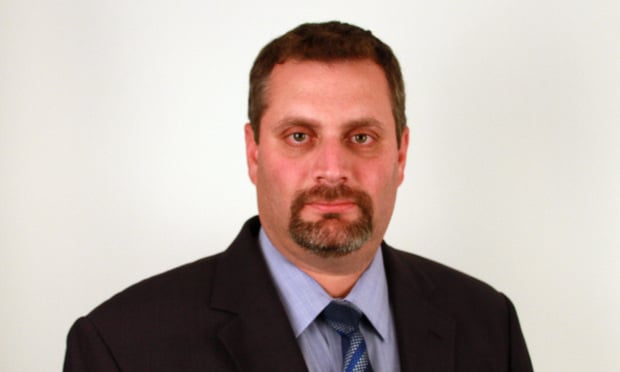An insurance company, or self-insurer as the case may be, may demand an injured person and/or her assignee health-care provider appear for an examination under oath (EUO).1 Similarly, the insurer may demand the injured person submit to medical examinations “by physicians selected by, or acceptable to, the Company, when, and as often as, the Company may reasonably require.”2 Where the applicant fails to comply with such demand, the insurer may deny the applicant’s claim.3
Generally, to prevail on a defense of EUO or IME “no-show,” an insurer must prove both the mailing of its scheduling letters and the non-appearance at the scheduled EUO or IME. However, the Appellate Divisions are split on whether an insurer must raise the “no-show” defense in a timely denial in order to preserve such defense, with the Second Department holding that it must be so timely raised to avoid preclusion,4 and the First Department holding that such defense survives preclusion.5



